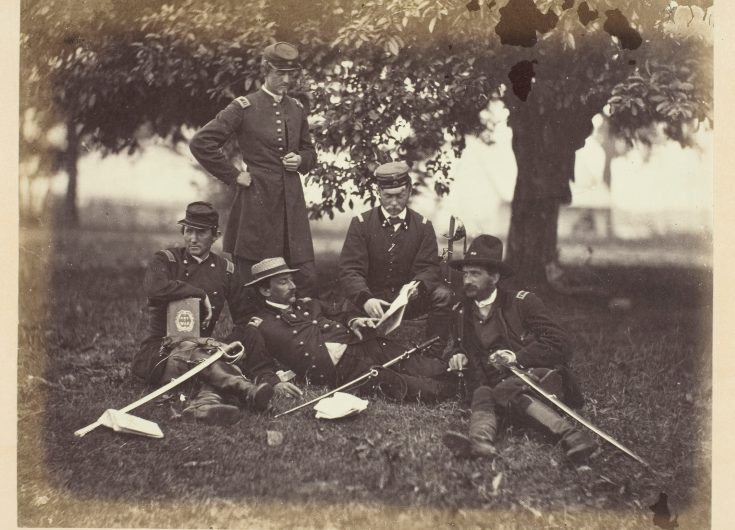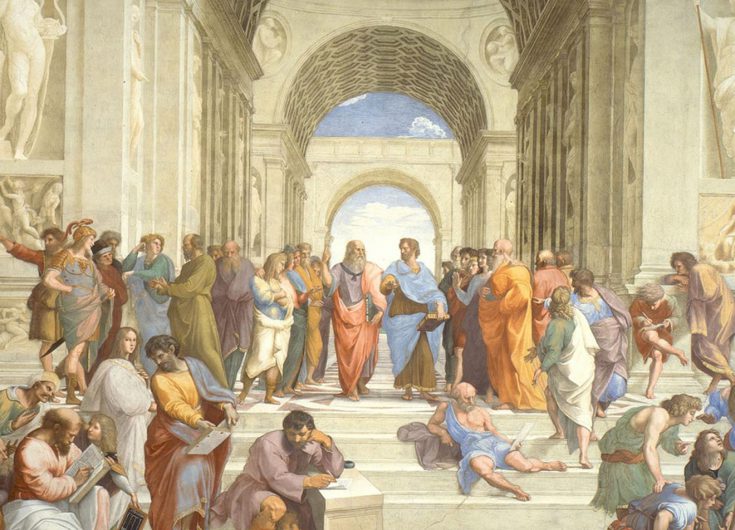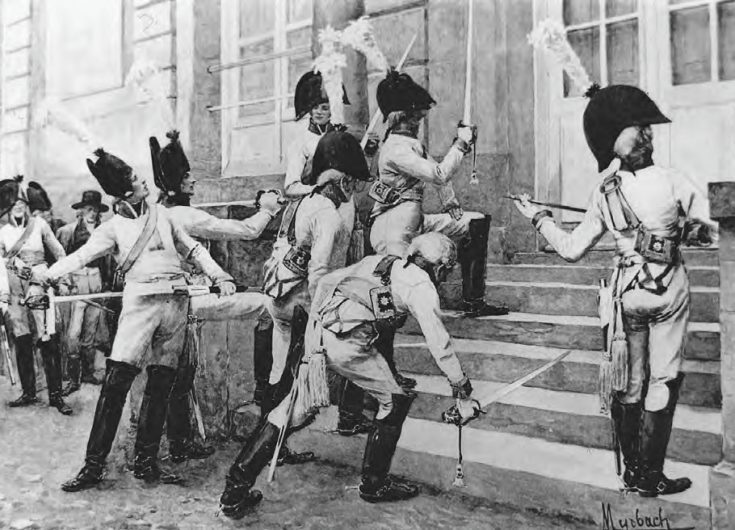

Learning International Relations from Harold W. Rood
Dr. Rood’s special interest, within the rubrics of history and military history, was the growth of empires. He had intimate knowledge of the wars of German unification, and the two world wars, and Berlin’s parts in them. The expansion of Russia, succeeded by the expansion of the Union of Soviet Socialist Republics and the Warsaw Pact and its overseas alliances, absorbed him emotionally and intellectually.






